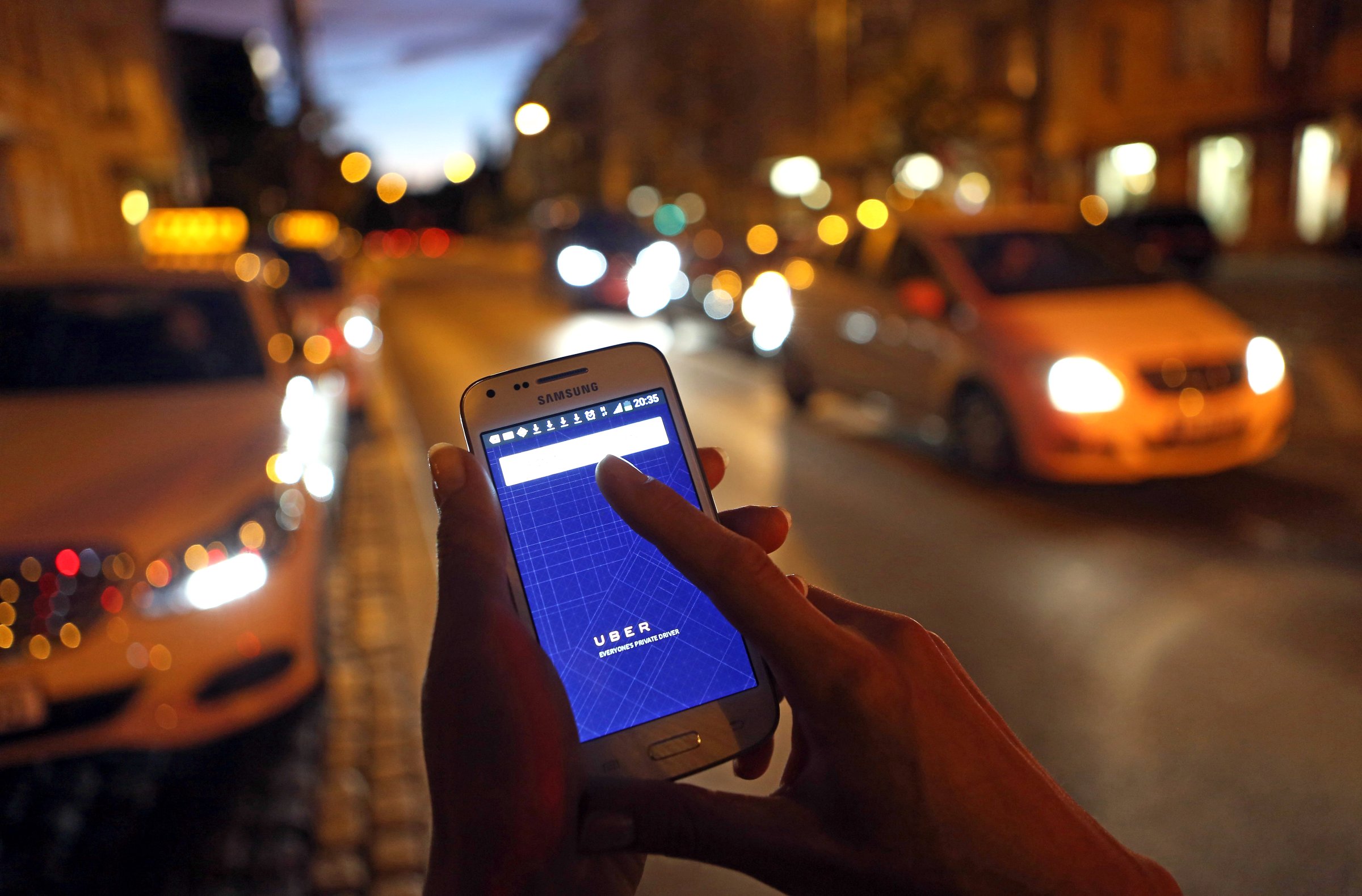
Updated, 6:11 p.m. ET
A chapter of the National Federation of the Blind (NFB) claims that Uber drivers have subjected blind customers to “systemic civil rights violations” by repeatedly refusing to transport passengers who use service animals.
A lawsuit filed Tuesday in San Francisco federal court by the NFB’s California chapter focuses on drivers of the company’s UberX service, a travel option that is lower priced than the company’s signature black car service, through which drivers can use their own cars to transport app users. The suit alleges that blind travelers have been refused service by UberX drivers on a total of at least 30 occasions because they had service animals with them.
The complaint also alleges that such riders were sometimes charged cancellation fees or abandoned in the midst of “extreme weather.”
Uber said in a statement to TIME that their practice is to ban such drivers from using their app:
The Uber app is built to expand access to transportation options for all, including users with visual impairments and other disabilities. It is Uber’s policy that any driver partner that refuses to transport a service animal will be deactivated from the Uber platform.
When asked for additional comment about the specific allegations and their policies, an Uber spokesperson responded that “in general, it’s our policy not to comment on pending litigation.”
President of the NFB’s California chapter Mary Willows said that she and counsel met with representatives of Uber months ago in an attempt to avoid litigation, but were unable to work out an agreement for how the company would address the situation. The lawsuit claims that complaints from blind travelers have gone largely unaddressed by the company and that Uber has sometimes responded by simply denying responsibility for the drivers’ behavior.
“The problem is that drivers are independent contractors, so Uber says they have no control over what they do,” Willows tells TIME. “And our argument is, if they’re working for you, you do have control over what they do.”
Willows says that blind people have encountered similar problems with taxis in the past, but that cab companies have been more expedient in remedying the problem.
Uber’s competitors are also taking note of the rift. After the NFB initiated contact with Uber about the issue, Willows says that the car service Lyft reached out to “make sure they develop a good relationship with us.”
In some cases, according to the lawsuit, UberX drivers who did not outright refuse service to riders with guide dogs nonetheless mishandled the animals or harassed the riders, in one case forcing a guide dog into a closed trunk of a sedan without the rider’s knowledge. When the owner of the dog figured out what had happened and asked the driver to pull over, according to the complaint, he refused.
The suit was also filed on behalf of Michael Hingson, a blind author who uses a guide dog and says he has been deterred from using the service because of its reputation among similarly situated travelers.
“Independence is critical in having equal opportunity in life,” Willows says. “And being able to travel independently is key to it. And any transportation system that inhibits equal travel is a problem.” The complaint alleges violations of the Americans with Disabilities Act. The document can be read in full below.
More Must-Reads from TIME
- Cybersecurity Experts Are Sounding the Alarm on DOGE
- Meet the 2025 Women of the Year
- The Harsh Truth About Disability Inclusion
- Why Do More Young Adults Have Cancer?
- Colman Domingo Leads With Radical Love
- How to Get Better at Doing Things Alone
- Michelle Zauner Stares Down the Darkness
Contact us at letters@time.com